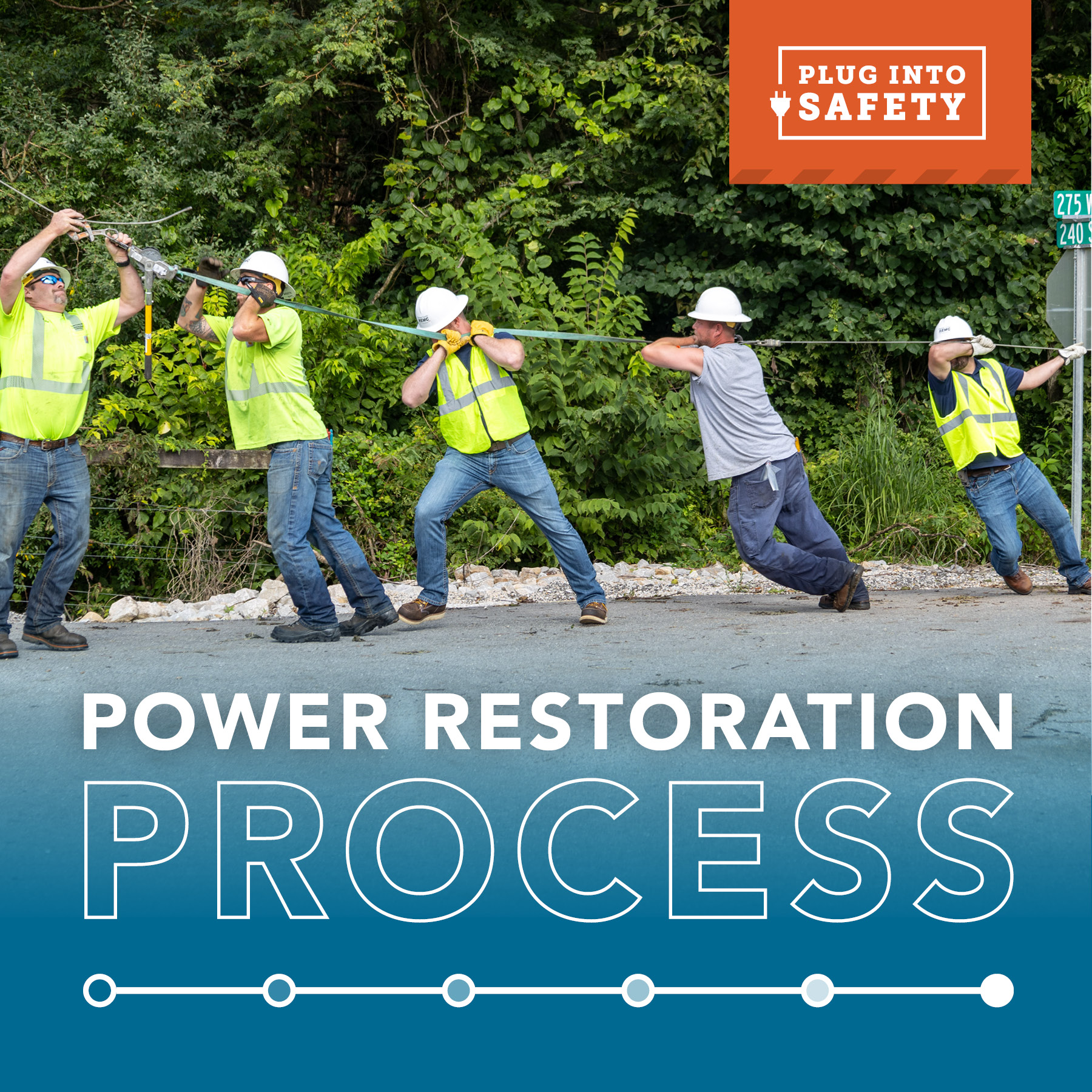
In the mid-1960s, the Beatles jauntily sang about what life would be like “When I’m Sixty-Four.” Now, a half-century later, Paul McCartney and Ringo Starr are in their 70s, and those who are 64 and older are continuing to increase in numbers. In fact, by 2050, one in five Americans could be elderly as the Baby Boom generation enters its twilight years.
U.S. Fire Administration statistics note that approximately 1,000 seniors each year die in fires. That’s why the staff at Indiana Electric Cooperatives is focused on the safety of seniors.
“Our older members are especially vulnerable when they’re cooking or if they aren’t using auxiliary heaters correctly,” said Tom VanParis, CEO of Indiana Electric Cooperatives.
A number of factors increase their risk for danger, including slower reflexes, which may also be impacted by medication, thinner skin, and health issues.
“One of the easiest ways to improve your chances of surviving a fire is to make sure the smoke alarm in your home is working,” VanParis said. “Change the alarm’s batteries twice a year — once in the spring and once in the fall.”
That tip is important for anyone — not just older folks.
The electrical savvy staff at Indiana Electric Cooperatives have other simple tips to keep your favorite senior citizen safe and sound:
- Remind Grandma to stay put at the stove and keep an eye on the skillet when she’s frying up her famous chicken or hash browns. Unattended pots and pans are a fire hazard.
- If something’s burning while baking, don’t open the oven door. Stay calm and turn the oven off. The fire should end on its own, but if it doesn’t, leave the house and call 911.
- Electrical cords should be treated with respect. Don’t place them under rugs or anywhere they can be stepped on. Also, they shouldn’t be secured on walls or floors with nails, staples or tacks.
- Regularly inspect an appliance’s cord. Is it dry or cracked? If so, ditch the appliance.
- Make sure portable heaters you have emergency shut-off switches. These switches shut the heaters off if they tip over. Make sure heaters are only used in open, well-ventilated areas at least three feet from combustible materials like curtains, furniture, and gasoline.
- Remember: A stove should be used for baking — not for heating your kitchen.
- Seniors who have trouble hearing should make sure their smoke detector provides a visual signal (such as a strobe light) as well as an audible one.
Sources: United States Fire Administration, U.S. Census Bureau, FirefighterJosie.com, Windsor Fire Protection District, www.sheknows.com
Where there’s smoke: How to survive a house fire
- Have a safety plan. Assess how you and your loved ones would exit each room in the event of a fire. There should be two ways out of each room.
- If the smoke detector sounds off when you’re in bed, get up — but then immediately get low — that is, low to the floor. Smoke rises so it will be easier to breathe the closer you are to the ground.
- When you make your way to the door, touch it. If it’s cool, open it slowly and head to the nearest exit. If it’s warm or hot, exit your room through the alternate escape route.
- Leave the house immediately. Don’t collect your belongings or search for your pets.
- If you can’t get out, call the fire department. Tell the dispatcher you’re trapped. If possible, seal your door with wet towels or duct tape to prevent smoke from entering the room.
- Once you’re out, stay out!
Sources: cityofdenhamsprings.com, FirefighterJosie.com
Fire among the elderly… by the numbers
- Those 65 and older are 2.5 times more likely than the general population to die in a fire. That number increases to 4.6 times more likely for those over 84.
- Older men are 50 percent more likely to die in fires than older women.
- Number 1 cause of fatalities among seniors: fires caused by smoking.
Source: United States Fire Administration





